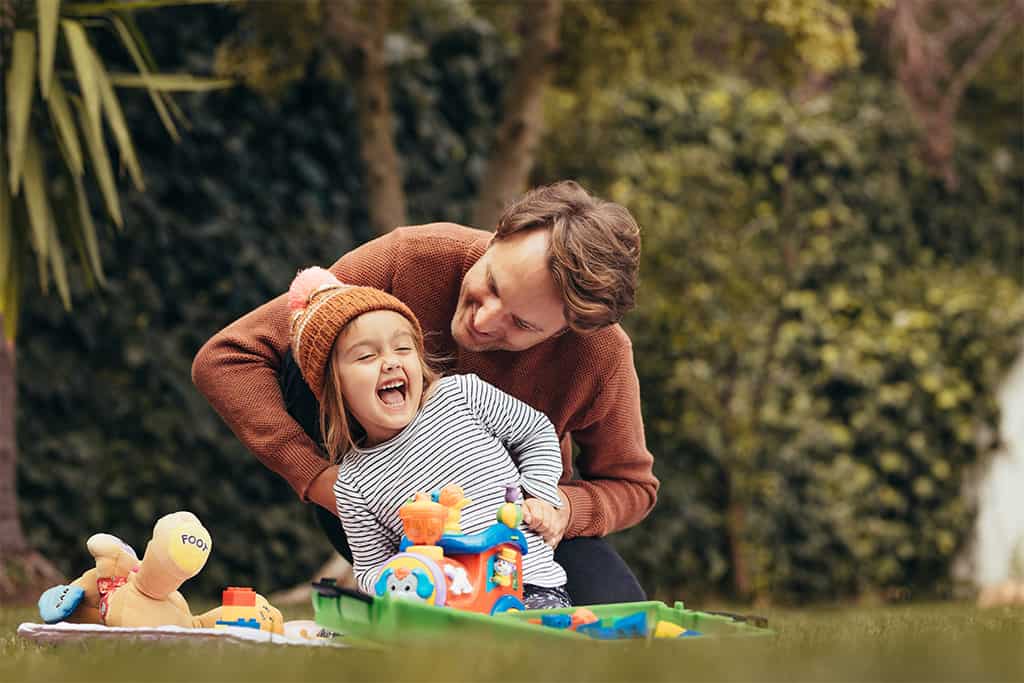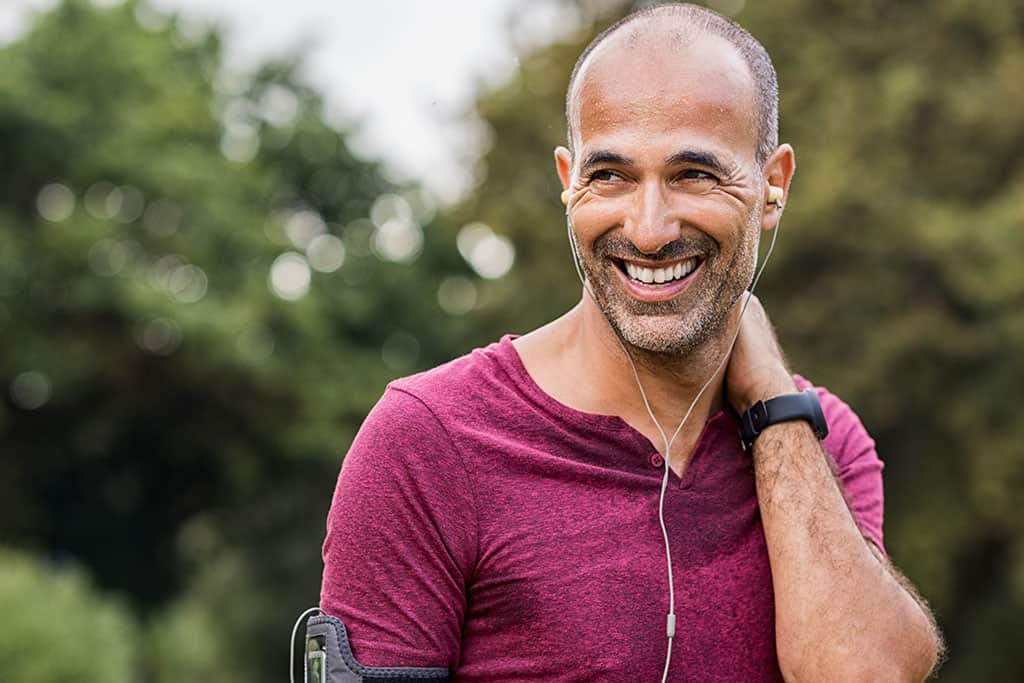For many women, the aftermath of a miscarriage can be a lonely, desperate time. But as personal coach Victoria Mills explains, there are ways to heal the pain
It’s estimated that over 20 per cent of all pregnancies end in miscarriage, with many women not even aware they were pregnant to begin with. Miscarriage in early pregnancy is often misunderstood, however, it is a common experience that affects not only the lives of women, but their partners, other children and their families too.
The loss of a baby, whether in the early or late stages of a pregnancy, is usually sudden and unexpected. For many women, grieving that loss is something that is experienced alone and in isolation.
Many women feel confused and distressed by the sense of having no real control over the pregnancy, particularly when they believe they were doing their very best by taking folic acid, eating healthy foods, not drinking alcohol, doing yoga, meditating, trying to reduce stress.
So how do you grieve and process your loss? We have to remember that grief is a part of life and that sometimes the loss of a pregnancy is a part of the life cycle. We cannot control it nor can we hold onto it, and despite hundreds of women undergoing this experience, it can be a very private time, often involving deep, personal grief.
 Grieving a miscarriage needs to be encouraged in a supportive and loving environment. The emotional needs of the mother and father need to be expressed so that they feel they are moving forward, and not locked in their grief. If there are other children in the family environment, they may experience feelings of loss and sadness that need to be acknowledged and heard.
Grieving a miscarriage needs to be encouraged in a supportive and loving environment. The emotional needs of the mother and father need to be expressed so that they feel they are moving forward, and not locked in their grief. If there are other children in the family environment, they may experience feelings of loss and sadness that need to be acknowledged and heard.
Dealing with grief is no longer something ‘you do’ behind close doors, nor is it something you need to do alone. The grief feelings of loss in a miscarriage are one of the most difficult emotions to process.
Like all emotions undealt with or ignored, grief can lead to stress, feelings of being out of control, anger, rage and feelings of blame. Negative thoughts such as the miscarriage being your fault; not being a good role model as a woman; it was your responsibility and feelings of failure may add to other destructive responses. All of which can lead to depression and anxiety, which can cause subsequent relationship breakdowns and unhappiness, preventing you from moving forward, and experiencing life after a miscarriage, in a positive and powerful manner.
Grief can be a shared experience and often brings a greater sense of closeness and intimacy between those who talk and share their sadness with friends and family. Support groups such as SIDS (Sudden Infant Death Syndrome) and SANDS (Stillborn and Neonatal Death Society) are just two of the wonderful networks available. The service is also available for family and friends who want to support loved ones in powerful and practical ways, to help all involved and transform feelings of powerlessness to empowerment.
“Sadness and a sense of isolation linger for what can feel like an eternity.”
The intensity of emotions varies from person to person, day to day and may last a few days, weeks or many months. Grieving is an individual experience and what helps one woman, may not be supportive for another. After an early pregnancy loss, most parents grieve for the loss of the baby they were expecting.
Common feelings include emptiness, anger and disappointment. Sadness and a sense of isolation linger for what can feel like an eternity. There is no quick fix when it comes to processing feelings of grief.
The journey of grief can be expressed in many ways. For many women the range of feelings include disbelief, denial, anger, wanting to know reasons why it happened, jealousy, disappointment, self-blame, guilt, loneliness, and doubts about future pregnancies. Grief is a natural and healthy response to loss and is not managed by being ignored or suppressed. It’s crucial you find outlets to express your grief in your unique way.
Women generally find it easier to express their grief, while men can be often overlooked in the grieving process. If this is happening, ask your partner how they are feeling and find out if they have any special ways that they would like to express their sadness. Encourage your partner to join a support group and together discover ways to gain closure and eventually move forward after the sadness and grief is expressed in a healthy and positive way.
Many woman have gained enormous strength and courage from their miscarriage loss and realise grief doesn’t need to be a lonely or shameful experience.
Reach out to other women who have gone through similar situations and draw strength from their experience to help gain clarity and understanding that it wasn’t your fault, or that your body has failed you in some way.
Life is a cycle of experiences and feelings. Strength can be drawn from the knowledge that resolution does not lie in finding the answers; it is ultimately in finding acceptance to an event that was beyond our control.
The sadness and loss needs to surface: surrender to it, love it, own it because it is a part of you that wants to be expressed and be released. With this knowledge, you can move through this with love, dignity and grace.
Three NSW women share their personal stories
Maria Andrews, 33: “We lost twins at 20 weeks, it was very sudden. You don’t prepare yourself for losing babies so late in pregnancy. I gained a lot of strength from my husband during this time as we shared the same loss and sadness. We spent time together and supported each other by talking and emotionally holding each other during those next few weeks. Our family and friends openly supported us.
“They let us share our sadness by talking, crying and just caring about us. They brought food, came to visit us and we felt totally helped and loved by our family. We were lucky with our support — there are many women who don’t reach out for support and then blame themselves for the pregnancy loss. We now have a healthy eight-month-old son and he is a daily reminder of how precious life is.”
Margaret Ricky, 38: “After having a healthy baby girl I naturally thought falling pregnant with a second baby would be easy, but after experiencing four subsequent miscarriages, in a second, you go from being pregnant and have the joy that comes from being pregnant again, to not being pregnant, and then feeling lost and alone. In that single moment, your hopes and dreams vanish and you are left with an empty feeling and are overwhelmed by grief.
“Buddhism helped me get closure for my loss and grief. I felt I was able to connect with each lost baby and name her, talk with her and connect spiritually. This gave me strength in facing each day after each miscarriage, and also the clarity to not try to get pregnant again. Spiritually I continue to grow and believe there is a universal plan. My comfort comes from believing those little souls just were not ready to be in human form, but I’m happy they chose me.”
Ellen Reece, 32: “I thought I had failed as a woman. All I saw around me after my miscarriage was other healthy pregnant women, but then after I spoke to others in a support group, I quickly realised I hadn’t failed. Miscarriage is very common yet being pregnant for the first time I wasn’t aware of this. I didn’t realise there were such wonderful support groups out there which helped me to nurture my partner and myself during our grief.
“They gave us strength, understanding and the ability to find acceptance. Miscarriage isn’t failure, nor is someone’s fault. It isn’t because you were overweight or too skinny or because you had a drink or was stressed. The pregnancy failed due to events out of your control: life.”
NATIONAL SUPPORT GROUPS
SANDS – Stillbirth and Neonatal Death Society
www.sands.org.au
Tel: 03 9899 0217
Support to parents and families who experience reproductive loss through miscarriage, ectopic pregnancy, stillbirth and neonatal death.
SIDS and Kids
www.sidsandkids.org
Tel: 1300 308 307
24-hour bereavement support line: 1800 651 186
SIDS and Kids provides bereavement support to families who have experienced the death of a child from conception to six years of age regardless of the cause. This includes miscarriage, stillbirth and neonatal death.
Bereavement Care Centre
www.bereavementcare.com.au
Tel: 1300 654 556
Bonnie Babes Foundation
www.bonniebabes.melbourneitwebsites.com
Tel: 03 9803 1800
Non-profit organisation established to counsel families grieving after the loss of a baby from miscarriage, stillbirth or prematurity.
Centre for Grief Education
www.grief.org.au
Tel: 03 9265 2100 or 1800 642 066
Provides a free bereavement and counselling service, information, a library and sales of the sympathy pin.
The Compassionate Friends
www.thecompassionatefriends.org.au
Tel: 02 9290 2355 or 1800 671 621
Phone support, drop-in centre, support groups and library for bereaved parents and siblings, run by bereaved parents







